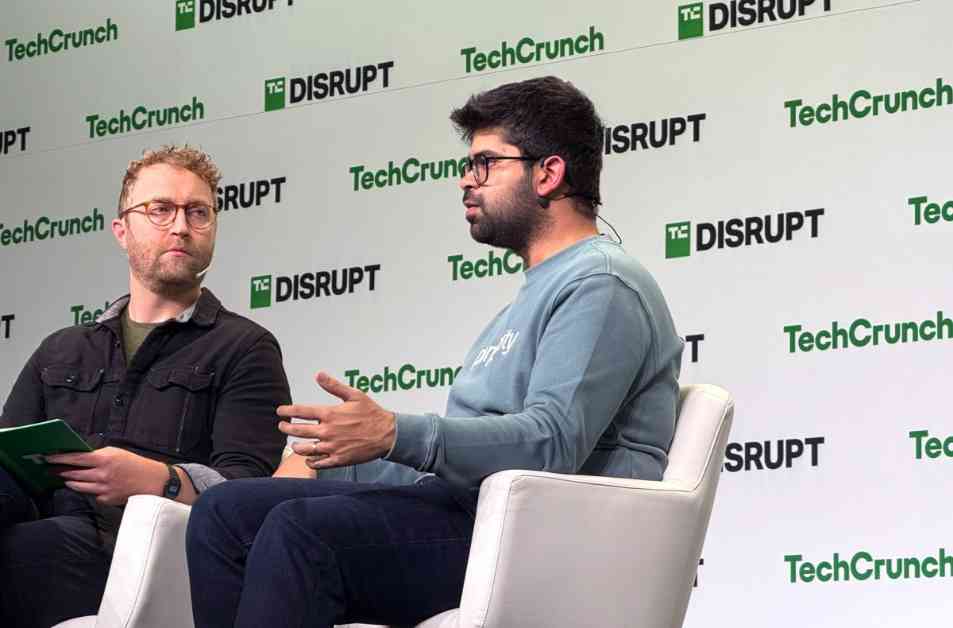Perplexity’s CEO, Aravind Srinivas, recently discussed the company’s perspective on “plagiarism” during an interview at the TechCrunch’s Disrupt 2024 conference. The issue of defining plagiarism has become a sensitive topic for Perplexity, as they face legal challenges from News Corp’s Dow Jones and the New York Post over allegations of “content kleptocracy.” Other news sites have also raised concerns about Perplexity replicating their content, with The New York Times even sending the startup a cease and desist letter.
In response to these allegations, Srinivas emphasized that Perplexity always cites its sources and does not claim ownership of any content. He explained that Perplexity’s platform aggregates content from the web, summarizes it for users, and provides the necessary information, similar to how journalists, academics, or students perform their work.
Despite these claims, a recent report from the AI plagiarism detector Copyleaks revealed that some Perplexity summaries contained paraphrased and plagiarized content from other sources. Srinivas acknowledged that there may be mistakes in citing sources but assured that Perplexity is making efforts to improve in this area.
Srinivas also highlighted Perplexity’s partnerships with media companies like Time, Fortune, and Der Spiegel in a revenue-sharing program. He mentioned that Dow Jones could have been a potential partner but chose to escalate the situation instead of collaborating with Perplexity.
Regarding the allegations that Perplexity is used to summarize paywalled articles, Srinivas clarified that the platform is primarily used for financial research rather than consuming daily news. He emphasized that users rely on Perplexity to understand how news impacts them and make informed decisions, especially in areas like financial investments.
Looking ahead, Perplexity is reportedly in talks to raise $500 million at an $8 billion valuation. Srinivas shared that the platform is experiencing significant growth, with 100 million search queries per week and the introduction of new products such as online shopping tools and sports score trackers.
In conclusion, Srinivas hinted at a future where facts are universally distributed, challenging the notion of publishers controlling the dissemination and context of information. He believes that everyone should have access to factual information without restrictions imposed by certain entities.
Overall, Perplexity’s CEO’s perspective on plagiarism sheds light on the complexities of content aggregation and distribution in the digital age, highlighting the need for clearer guidelines and practices to address concerns related to intellectual property and information sharing.











